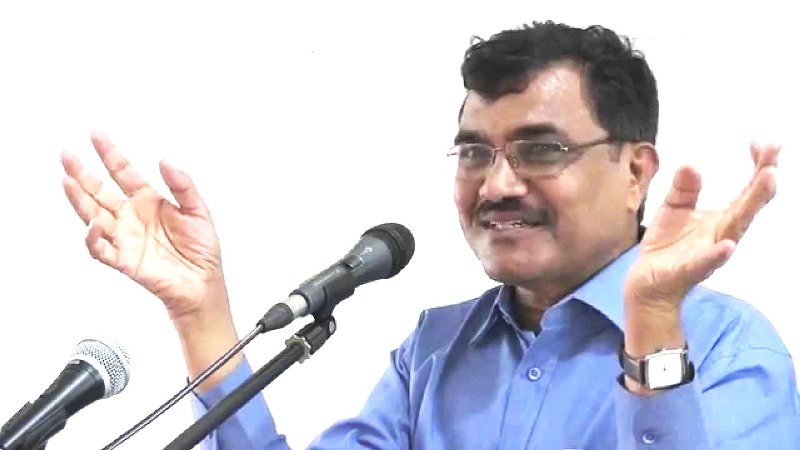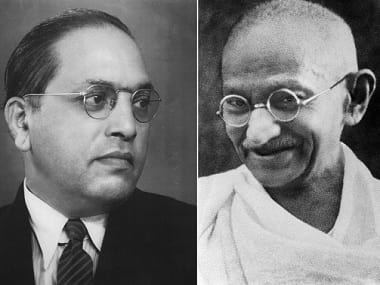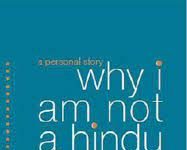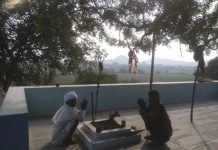
Charges against the Dalit Writer Anand Teltumbde are sure to be instigating an atmosphere of intolerance towards minorities. The refusal by the Supreme Court to quash the FIR filed against Anand Teltumde for being an ‘urban Naxal’ is a reminder of the atrocities against the Dalits in contemporary India.
The New Leam Staff

Writer, activist, management-professional and an IIM alumna, Anand Teltumbde has been charge sheeted. Teltumbde has been charged for his involvement in the Bhima Koregaon case that took place on January, 1st 2018. He is further charged with the allegation of conspiring to kill Prime Minister Narendra Modi.
The charge sheet was filed after Supreme Court rejected Teltumbde’s plea to nullify the FIR filed by Pune Police against him in relation to the Bhima Koregoan Case. Teltumbde not only demanded to quash the FIR but also asked for police protection after repeated threat to life.
Rejection of Teltumbde’s plea points out towards the intolerant behaviour of state and state-systems. The case for which Teltumbde has been charged was precisely a violent clash that took place between the Dalits and the Maratha community in Bhima Koregoan region of Pune. The violence broke out because of the differential interpretation of Maratha History. Hindutva Forces considered Bhima Koregoan event as an opportunity to suppress the Dalit masses.
Hindutva Forces have utilised the Modi regime to suppress Dalits in India and further fuel a discriminatory attitude towards them. Modi regime has witnessed growing frustration and anger by the Dalits for the current government. This anger is not spontaneous it has rather emerged through the practice of continued suppression by the BJP government towards the scheduled caste and scheduled tribes in India.
In the realm of higher education and employment and also in the societal framework Dalits and minorities have been constantly made to feel like the ‘other’. Lack of representation of Dalits in higher education and employment has instigated the anger and frustration further. The Dalit Scholar Rohith Vemula, who committed suicide in his hostel room at Hyderabad University, is one example of an institutional murder and not suicide precisely. Rohith Vemula’s death was a state instigated suicide, a suicide which was forced due to the constant feeling of being an “other” amongst a majority group.
Rohith Vemula’s case is one amongst the many Dalit atrocities faced by the minority group post-2014. The UNA conflict is yet another reminder of the same where seven members of a Dalit Family in Gujrat were killed by upper caste Hindus in the name of cow protection. In yet another incident a Dalit couple in Gujrat were beaten to death by the owner of a factory owner.
In a report presented by the National Crime Records Bureau it was documented that the Dalit atrocities have been risen post 2014. In 2015, 38,670 cases of Dalit violence were registered but in 2016 the number of cases increased to 40,801. Intolerance towards the Dalit community has surely risen although its form has shifted from merely intolerance to Dalit killings openly. A question which strikes hard here is why? Why even after 70 years of independence are we still struck in the shackles of caste hierarchies? How has the Modi regime been instrumental in instigating Dalit suppression?
BJP being a party with Hindutva dominating ideologies comprises leaders mostly from the upper-caste group in India. An analyses done by a digital media channel revealed that the party continues to be dominated by Upper Caste Brahmin members. As per the analysis 3/4th of the party office bearers at national level are upper caste and over 60 per cent of their national executives are from the general category. For that matter the state presidents of the party continue to be from general category mostly.
The upper caste character of the ruling party has only added to minority disadvantage including Dalits. The entire regime of the government has shown visible intolerance towards Dalit. As per the documentation and reporting of a popular yet accountable media house 44 cases of extreme Dalit killing were reported in 2016.
Dalit atrocities, repeated and baseless arrests of writers, civil right activists and human right activist’s shows the intolerant nature of the ruling party today. Intolerance towards the minorities and towards those who dare to differ from their ideology has become a popular rhetoric. Very convinetantly the party luminaries brand them as “Urban Naxals” and further taking undue advantage of their power and privilege they supress the voice dissent.
Why the BJP has a fetish to make the country speak in one language? Why the party wants only majority yet one-sided ideology to take over the masses. BJP government’s attitude towards the minorities is actually a threat for the diversity of the country. Tolerance towards each other in diverse societies is a pre-requisite for the proper functioning of society and democracies per se. Tolerance accentuates the political rubric of the society and further strengthens societies. Tolerance towards each other’s as human beings, towards diverse religions, towards sexes and gender, towards ideas and opinions, to an extent that it does not harms other is intrinsic to both individual and societal development. What we see from the instances of Dalit atrocities is a completely opposite case of tolerance; these cases are indeed examples of hate and bigotry.
These cases warn us towards the threat to plurality and diversity today. Anand Teltumbde’s case is nothing but an example of suppression of the voice of dissent in today’s time. While dissent is an integral part of democracy perhaps the current government holds a different interpretation of dissent. Branding and judging people who voice out can only help in temporary gains but it has no benefits in the longer run. The suppression and marginalisation of Dalits and their icons is against the very ethos of a democratic society and points out to the need for a sustained and collective march towards the dignity of the oppressed in the Indian society.













